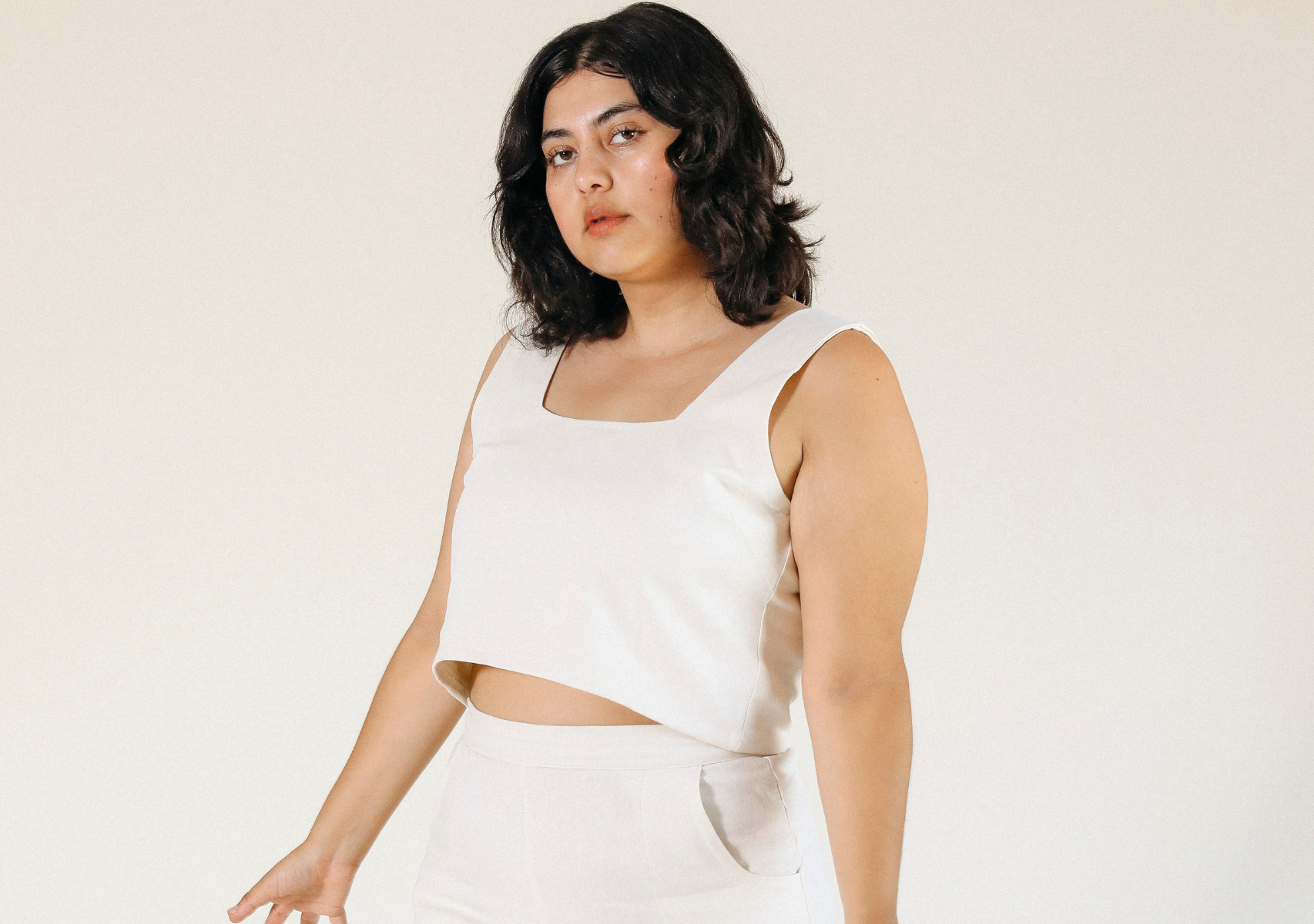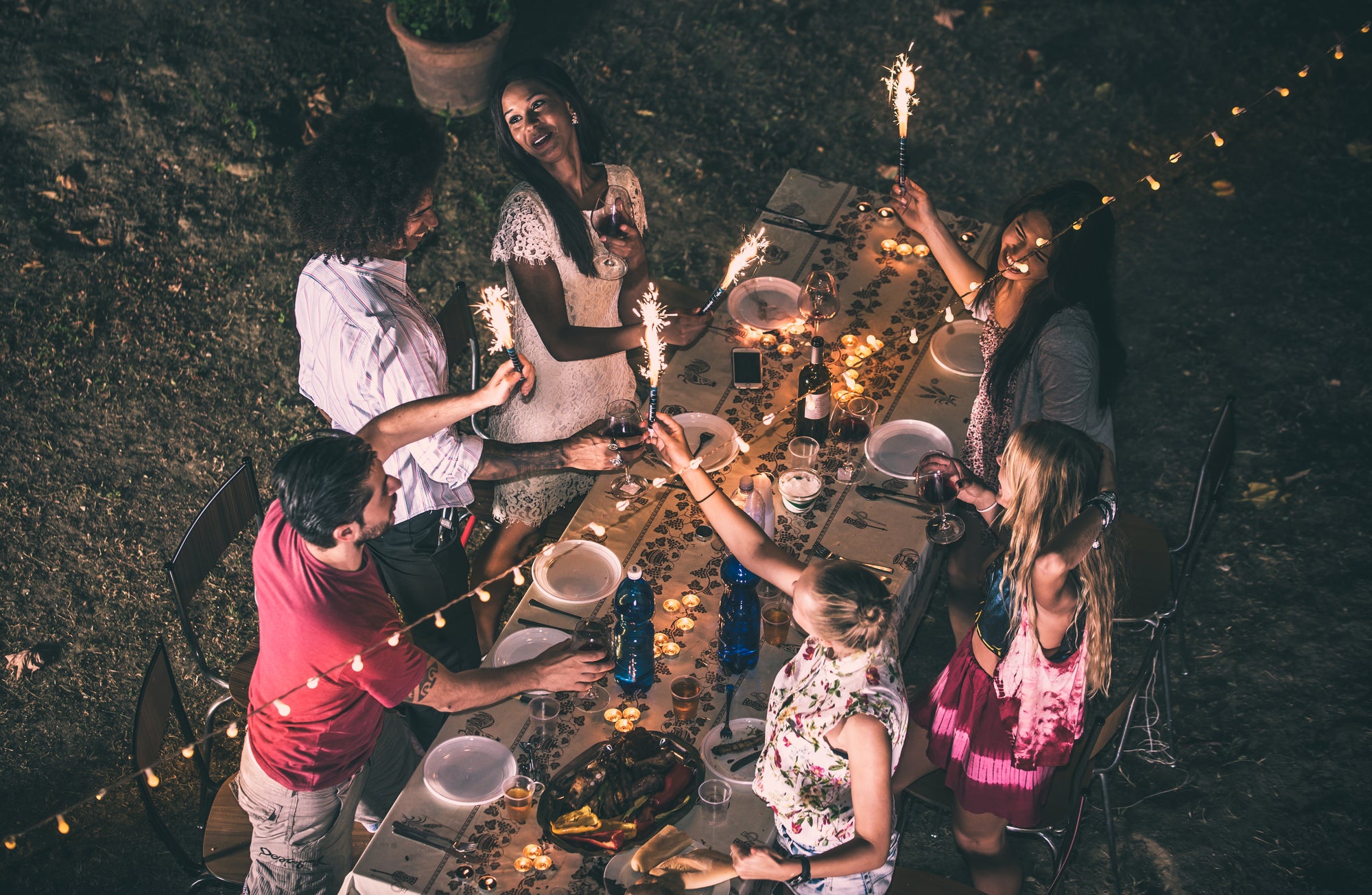For many of us, coffee is part of the daily routine. But how often do we consider where our beans and lattes come from? It is no secret that climate change and the high demand for coffee are taking a toll on the environment and the people who produce it. While this issue can seem daunting there are still people who operate their roasters and coffee shops in sustainable ways. Deborah di Bernardo resides in Spokane, Washington, and currently operates Roast House Coffee. Roast House was founded in 2010 and First Avenue Coffee was founded in 2019. Roast House is a specialty coffee roaster committed to sourcing earth-friendly coffee and supporting a sustainable coffee supply chain. Nestled in downtown Spokane, First Avenue sells Roast House blends and partners with local bakeries to offer gluten free, vegan and keto food items. I had the special opportunity to meet with Deb of Roast House to learn more about how she started her inspiring business and why.
POPLINEN (P): Hi Deb, thank you for your time today. Can you start with sharing a little bit about yourself?
DEB (D): I was raised in a New York in an Italian immigrant family. I practically grew up in our family restaurant. Then I went to the west coast in my teens and moved around Alaska, Oregon, and Washington. We were the first generation to go to college. The goal for us was to become professionals, so my degree was business and I did business law along with my husband who is an attorney. I am a business starter, I start things. We practiced divorce and bankruptcy law. We opened practices in Seattle, Tacoma, and Everett, and had a large practice in the state of Washington. It broke my heart after a while because I wasn’t creating anything new, I was just interacting with clients who were going through the worst time in their lives. So I decided to replace myself with a general manager and go into coffee. I applied around Spokane to various places. I worked for several years, and learned a lot about coffee while having a good time.
P: Can you tell us about your business?
D: Roast House was founded with one clarified vision in mind: supporting and sourcing certified sustainable and ethical coffees.
P: What inspired you to start this business?
D: I had a good time working in coffee, but I was featuring coffee that wasn’t sustainably or ethically made. We were making the largest chunk of every dollar with the farmers earning the least. I kept trying to encourage our team to invest in organic, fair trade, sustainably grown coffee. However, the roaster I was working with encouraged me to take my strategy and go start my own business. He let me go, and I started my own company in 2010. I found a roaster on the back of a drive-through.
P: I know you have faced challenges being one of the first fair trade and organic roasters in this area. Can you tell us a bit more about some of those challenges and what you gained/learned from them?
D: We opened up this place with 100% organic, fair trade, shade grown, bird-friendly, rainforest alliance, and women-friendly coffees. It was a hell of a haul. I went from earning a lot to not taking an income for years. But I had the ability to do that. Honestly, I have felt discouraged. I give up on anyone over 40 because they just don’t understand. Seeing students at the college level has given me a bit more hope, but people are unwilling to care or pay more for coffee. Even if it means fair treatment for all communities involved.
P: What advice would you give people who want to start companies that serve the planet and people?
D: It's far more work. It's better to be financially stable because you're probably not gonna take income from the business for a while, so you have to be self-supporting. Be diverse enough to do your own marketing. Have investors that are backing you and providing money. It's a tough question. Not many people would do what I did. Not many people would be in the position to do what I did. I didn't take income for the first 7 or 8 years because my goal is to not only pay the farmers living wages, but the people here. I didn't want a constant rotating door of employees so it's important that my team here was paid well. Now I am almost earning as much as my two highest-paid employees. But there is a difference there. Do I need that salary? They need it more than I do, I’ve owned my home and my car is paid for. So my needs are just entertainment. To recognize what your needs are and the needs for all those involved in your business.
P: What inspires you?
D: I love when I wake up and it's clear outside. Whether it’s icy snowy beauty or green and blue. I love the weather in Spokane. If I am sad or disillusioned with something in life, I walk downtown near the river and focus on the rushing water.
P: What do you do to retreat and relax?
D: Walk across the river or have a bourbon.
P: What are you currently reading?
D: I've got like five going on. Some include Salt and Nature of Fragile Things. If I'm not reading, I'm listening to podcasts or stories. I read so much, about 2-3 books a week. It calms me down. I can't get in a car and not listen to books.
P: Is there a quote or motto you live by?
D: I guess it’s family, friends, and food. For my business, it is to change the world, to change people's attitudes and their consumer practices.
P: Thank you for your work and spending this time with us today, Deb. We appreciate your mission and believe wholeheartedly in it.






